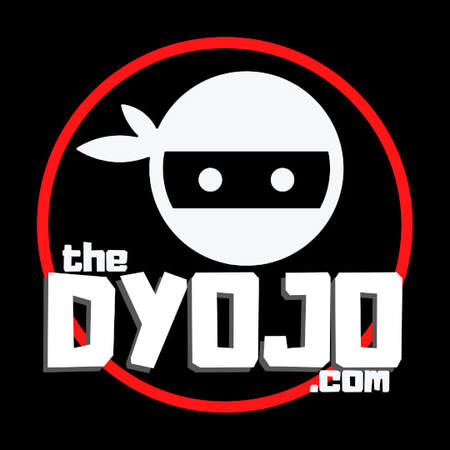|
How often do contractors receive arbitrary rebuttals to their inclusion of overhead and profit in their estimates for insurance claims? The answer is often. Sometimes the issue is easily explained by clarifying the complexity of the work or the number of trades involved. In this article we will briefly review a few scenarios, ensure that we have the correct understanding of indirect (overhead) costs verses direct (supervisory) costs, and share a sample email format for requesting clarification from the adjuster on a denial of overhead and profit. Work Complexity and O&PIf complexity is the barometer, O&P should be added to every claim without question (especially program or third party administrator work) as the level of compliance (i.e. complexity) for an insurance claim exceeds "normal" contracting scenarios. The insurance claims process for mitigation or renovation is inherently more complex than home improvement or remodeling when insurance is not involved. If complexity is a condition of the insurance policy, the carrier representative should be able to point this out to the customer and the contractor. A good question for the customer to ask would be, "Please show me where it states in my policy that overhead and profit is a condition of complexity." General Overhead are expenses incurred by a General Contractor, that cannot be attributed to individual projects, and include any and all expenses necessary for the General Contractor to operate their business.” - Xactware Direct vs. Indirect CostsAs we wrote about previously, "Indirect costs are all of those necessary expenses that a contractor incurs but are not directly related to an individual project. If a contractor, or any business, does not account for their overhead expenditures in the costs of their goods and services, they will not be in business for long." Indirect Costs are necessary for a contractor to remain in business. The insurance company may not care about this, but they sure understand their need to be profitable and protect that with great force. In most industries the overhead and profit are embedded in the costs. For example, when you buy an apple at the grocery store, they do not break out what their overhead and profit factors are for that item but they are certainly charging for it.
O&P are not optional for any business that wants to remain in business. General Overhead expenses are not included in Xactware’s unit pricing, but are typically added to the estimate as a percentage of the total bid along with the appropriate profit margin. These two costs together constitute what is normally referred to in the insurance restoration industry as General Contractor’s O&P, or just O&P.” - Xactware Supervisory labor (aka project management time) is as much a real cost that should be accounted for an compensated for the work as temporary power or restroom facilities. Supervisory time is a direct cost and should not be confused with or "traded" for overhead (indirect) costs. It is not included. It is necessary. It is common to either bid supervisory labor as a percentage of the estimated labor or submitted as a breakdown for billing at project intervals (i.e. bi-monthly). A Sample O&P EmailIf you receive a denial or a request for clarification for why you are requesting overhead and profit (O&P) as a contractor, this is a sample email that you could discuss with your customer and then send to the insurance carrier representative with the customer cc'd. Understand, this is not a guarantee that an adjuster will see things your way but it should help your customer and the adjuster to more clearly understand your position. Why wouldn’t overhead and profit apply? Overhead and profit are normal and necessary costs for a general contractor to remain in business.
Xactware, the estimating software utilized for this estimate as is common for insurance claims, states, “General Overhead are expenses incurred by a General Contractor, that cannot be attributed to individual projects, and include any and all expenses necessary for the General Contractor to operate their business.” Overhead and profit is normal and necessary for all companies including insurance companies. The insurance company included overhead and profit in their policy fees to the insured, correct? Where in the policy does it state that overhead and profit are excluded from the cost for an approved scope of work? Most contractors, if not all companies (including insurance), embed their overhead and profit costs into the lump sum pricing. Presenting overhead and profit as a markup is unique to insurance claims estimates in Xactimate. The software company advises, “General Overhead expenses are not included in Xactware’s unit pricing, but are typically added to the estimate as a percentage of the total bid along with the appropriate profit margin. These two costs together constitute what is normally referred to in the insurance restoration industry as General Contractor’s O&P, or just O&P.” Please advise if you need any further information to approve the total submitted scope and cost from our estimate as we know our shared customer is eager to move forward with restoring their home to resemble pre-loss conditions in a timely manner.
0 Comments
Contractors often struggle to find the "right" price for their services. There are many means and methods for bidding anything from drywall repair, tile floor replacement, kitchen remodeling, to whole home renovations. Whatever the cost estimation platform is or the estimating software that a contractor chooses to use to try to hone the science of their process, there is always an element of art in determining the materials, labor, and equipment for a project. In this segment from The DYOJO Podcast Episode 82, Steve Patrick of Level the Playing Field shares a story about a mindset change for a plumbing contractor that affected how they priced their services. Estimating and Closing Work at the Right PriceDuring our conversation regarding using questions during business negotiations, especially with insurance claims adjusters, Steve Patrick shared a story that he heard during a sales training. The story goes something like this, There was a plumber in Chicago who immigrated from Yugoslavia. He was a master plumber and he was selling the work for a higher price than anyone else in Chicago. He was closing almost like 90% of the jobs that he went out on. The owner of the company asked him one day, "How is it that you're able to close such a high percentage of the work you estimate? The owner obviously wanted to clone this plumber who could bid work higher than their team members and converting a high percentage of those estimates into contracted work. The owner told the plumber "I want you to train all the rest of our plumbers. I want you to show them how you are able to close 90% of the work you estimate when you are selling it at a higher price than anyone in Chicago." This causes the plumber to pause. He doesn't know why he closes more work than anyone in the organization or how he is able to charge more than them either. The plumbers says, "I don't know. I just go in and explain what needs to be done and the customer hires me to do the work." Steve asks The DYOJO Podcast audience, "So, what happened to the plumber's closing ratio after the owner told him he was charging the highest price in Chicago?" Unfortunately, we know the answer, his close rate plummeted the 40%. The Mindsets and Habits for Estimating SuccessWhy was there such a drastic reduction? As Mr. Patrick says, "Mindset change. The plumber's mindset changed. Back when he thought he was bringing tremendous value to the client, they bought the value that he was selling. Once the owner told him that he was charging the highest price in Chicago, all of a sudden the plumber thought, oh my goodness, I'm overcharging the clients. And guess what happened?" Isn't that interesting? It's all about what is in between our ears. Mindset change. As a former adjuster, Steve trains roofing and restoration contractors how to succeed in the challenging world of insurance claim's repairs. In the extended conversation of Episode 84, Mr. Patrick shares, "It's your mindset. You know that you're right. You know you bring a tremendous value to the client." The contractor should take the confidence of the value they bring to helping the client navigate the insurance claim repairs process. Steve says, "Whenever you are dealing with an adjuster, 80-90% of the words coming out of your mouth should be in the form of a question." Mindset change. How often is there a miscommunication between the estimator (scope of the estimate) and the production team (agreed-upon scope of work)? What if there was a resource readily available to every member of your team that could help you reduce miscommunication and increase profitability? In this article and accompanying video we will discuss how you can improve project outcomes with THIS simple tool.
Watch The Video Prevent Scope Creep & Increase Profitability Doing less than you estimated and having to go back is costly as it takes resources that could otherwise be performing profitable work offline to return to a jobsite that should have been completed. Doing more work than you estimated and not capturing the revenue means your teams are working for free. Both outcomes will impact project completion, profitability, and customer satisfaction. One simple tool, that is already in the tool kit of every estimator, is the video function on their smartphone. Did you know that conducting a job walk through video recording what they are seeing and uploading that to a shared database, can help offset miscommunication during the project lifecycle? Save your team time, your company money, and your customer frustration by making a recorded initial scope walk a habit. Conducting a Video Construction Scope Walk Through A video construction scope walk through does not have to be anything complex, but it does need to cover a few key points.
The estimator walks through the project and verbalizes what they are seeing on-site, unique aspects of the work, specific directions from the client, and how they are approaching the estimate. Having this video in the shared database will help everyone downstream to have a better understanding of what IS and what IS NOT in the agreed-upon scope of work (contract).
If this is helpful, tune into The DYOJO Podcast - helping your shorten your DANG learning curve - Thursdays on YouTube, Spotify, and Apple podcasts. During a recent three minute video, that I recorded while I was taking a walk, I discussed some thoughts on the topic of labor supervisory hours for insurance claims. Most of my comments were geared towards the repairs or reconstruction side of the insurance claims process, but the principles apply to water and fire damage mitigation as well. Supervisory Labor for ConstructionIn the construction realm, supervisory labor (i.e. project management time) is something that is regularly charged for, but it is embedded in the lump sum pricing. When a consumer hires a contractor to remodel their kitchen, they likely will receive a one page document that says,
This is lump sum pricing and it's common. There is nothing out of the ordinary or wrong with this pricing model or estimating presentation. Project Management Time for Insurance ClaimsFor the typical insurance claim, carriers prefer to see estimates itemized in what's referred to as unit or standardized pricing. Often an estimating program called Xactimate is utilized to create these estimates. In this format, the scope and pricing are presented as line items. The bid is build line by line and room by room. In unit, or standardized pricing, those items like supervisory labor, overhead, and profit are not embedded in the cost. Supervisory is separated out as an additional line item while overhead and profit are factored as markups at the end of the estimate similar to the way sales tax is accounted for. Again, in construction, these charges are normal but they are presented in a different manner. For an insurance project, since they are listed separately, it gives the impression that they are up for discussion or optional; this is not the case. The charges are common, but the format is not. It's important for the consumer and the contractor to understand these unique elements when working through an insurance claim. Project Management is a Direct CostSupervisory labor, or project management time, is the primary focus of this article. Even contractors misunderstand that this element is not an overhead cost, it is a direct cost of the project. Overhead costs are considered indirect costs. These are real costs for every construction business but they are are aspects of business that are not specifically attributed directly to the individual job. Examples of indirect costs (aka general overhead) might include your business licensing, company insurance, office rental, administrative labor, utilities, etc. All items that must be accounted for or the company will not be able to pay their bills and won't be in business for long. On the other hand, supervisory labor includes the direct costs of having a representative on the work site, meeting with the client, lining out the project, making sure materials are properly ordered, and that the work is progressing along it's key intervals. These are direct costs. The company pays for their managers, supervisors, foreman, and safety personnel to be onsite. These costs should be charged for and not lumped into general overhead. Charging for Project ManagementSupervisory labor is a direct cost that should be accounted for and approved on the front end. It is common to factor supervisory as a percentage of the total estimated hours or to be tallied and charged at the end of the project. The charges and factor should be agreed to in writing at the project outset. On a large project, it is recommended to send regularly updates on the hours applied so that the total hours and charges are not a surprise to all parties at project completion.
An example of how a contractor would present their charges for project management, including any applicable credits, might look like this: Our NEW BOOK ranked:
Project outcomes in the skilled trades are tied to the estimating process. Good estimating is marked by the thoroughness of data capture (site observation) and the accuracy of data input (bidding). Author Jon Isaacson, The Intentional Restorer, shares his two decades of professional experience to help anyone involved with, or interested in, the art of estimating to shorten their DANG learning curve for improvement.  How To Suck Less At Estimating, was written for:
Early Reviews for This Book: With his latest book, Jon Isaacson again demonstrates why he is a “go to” resource for so many people in the property restoration industry. - Luke Draeger As usual, Jon provides great material with actionable details. - David Smith It’s so refreshing to finally see all of this often-guarded information transcribed from an industry expert to words on a page. - Josh Zolin About the author: Jon Isaacson, The Intentional Restorer, is a contractor, author, and host of The DYOJO Podcast. The goal of The DYOJO is to help growth-minded restoration professionals shorten their DANG learning curve for personal and professional development. You can watch The DYOJO Podcast on YouTube on Thursdays or listen on your favorite podcast platform. This is book 4 in the Be Intentional series from The DYOJO - thedyojo.com/book4 Business owners want to reach their goals. Management staff understands the need to achieve certain metrics of performance. Yet, there is often a dissonance within the organization between their clearly stated goals and their consistently achieved outcomes. Accountability for outcomes can only be established when the process is clear and the follow-through is consistent. Being intentional with developing and improving your estimating process requires a few simple steps. Lack of clarity = Lack of Accountability As a person in a position of leadership, you can help your organization grow by being honest about whether your system is dumb by design (revealing intentionality) or whether negative outcomes are the by-product of dumb design. If the project outcomes are inconsistent, a great place to start is to ask whether you have been clear and consistent as a leadership team. Increased Clarity = Increased Consistency
Team members cannot consistently perform if they don’t understand what they are supposed to be doing. Communication needs to be clear to those who are receiving the information. Developing your team's leadership skills includes helping members of management to learn to understand how their team learns as well as how to best communicate with them to relay information. Clarity + Consistency = Accountability As Anthony Nelson, President of Premier Restoration, learned, “Quite often our younger Millennial and Gen Z technicians will refuse to tackle a given task until they understand the ‘why.’” It follows that skills like empathy and communication are at a premium for aspiring managers and business owners. Those who can learn to help their team members understand what needs to be done as well as why it is important will reap the greatest (and most consistent) reward. Dumb By Design Owners, managers, supervisors, and anyone in a leadership role will see elevated results when they dumb their processes down so that someone who has no industry experience can understand what they need to do and why it is important to the team. Your communication is affected by the company you keep. While it is important for you to challenge yourself by being around other leaders, it is also important for you to connect and communicate with those at the entry level of your organization. Build clarity and consistency from the bottom-up, so that you can practice accountability from the top-down. If you would like to learn more about this concept, read Module One of Jon Isaacson’s NEW book, How To Not Suck At Estimating: Habits For Better Project Outcomes. This book will also be a training course offered through Restoration Technical Institute. The book should be available by August of 2022. In the meantime you can subscribe to The DYOJO Podcast for more content that will help you shorten your DANG learning curve. |
Words
The DYOJO - helping contractors shorten Archives
June 2024
Categories
All
EstimatingMarketingInsurance ClaimsLeadership |
|
| |||||||
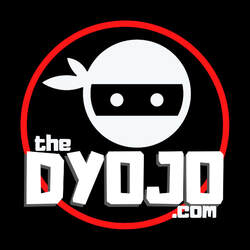
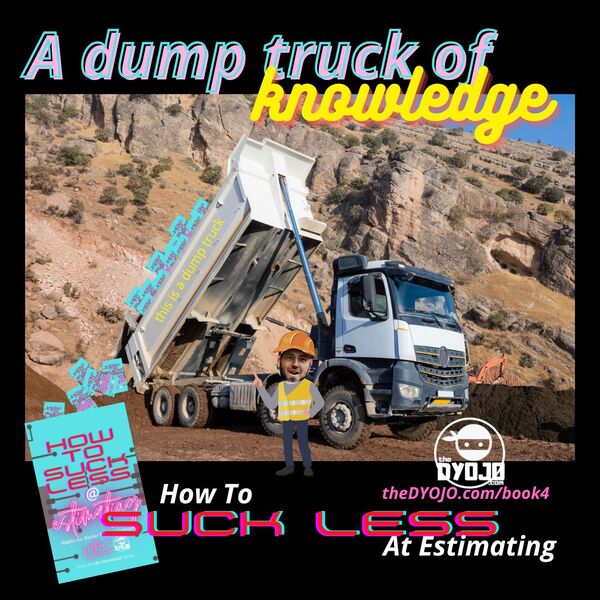
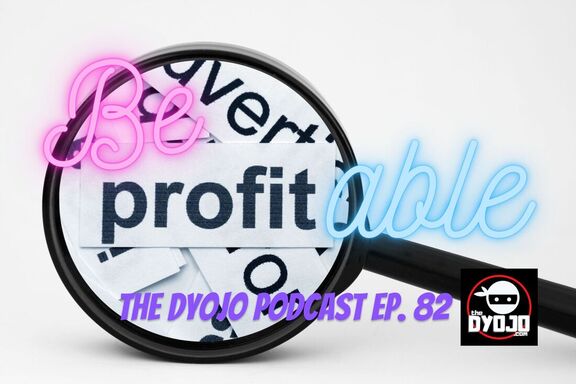

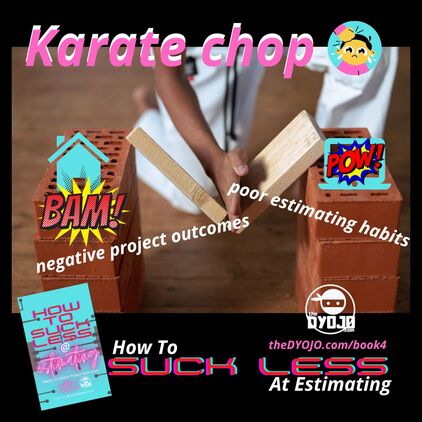
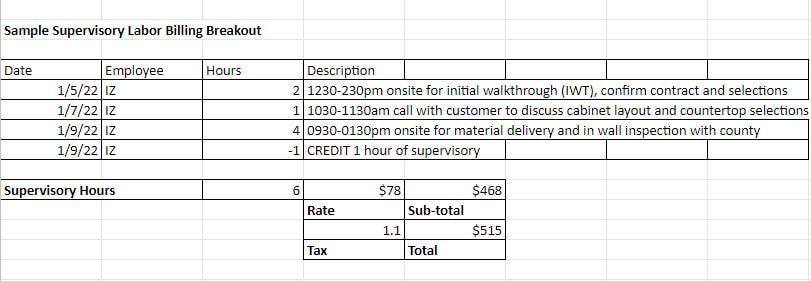
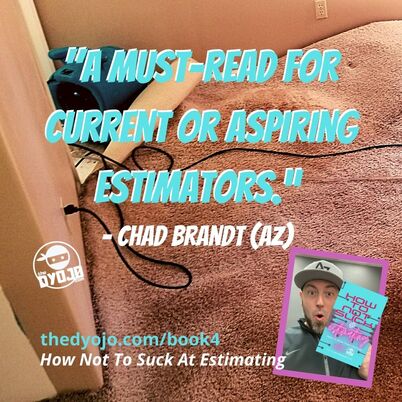
 RSS Feed
RSS Feed
